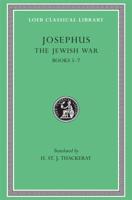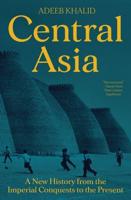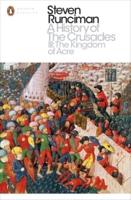Publisher's Synopsis
The Mughal Empire dominated India politically, culturally, socially, economically and environmentally, from its foundation by Babur, a Central Asian adventurer, in 1526 to the final trial and exile of the last emperor Bahadur Shah Zafar at the hands of the British in 1858. Throughout the empire's three centuries of rise, preeminence and decline, it remained a dynamic and complex entity within and against which diverse peoples and interests conflicted. The empire's significance continues to be controversial among scholars and politicians with fresh and exciting new insights, theories and interpretations being put forward in recent years. This book engages students and general readers with a clear, lively and informed narrative of the core political events, the struggles and interactions of key individuals, groups and cultures, and of the contending historiographical arguments surrounding the Mughal Empire. 'Michael Fisher's Short History of the Mughal Empire is a long overdue scholarly study of the Mughal period in early modern India. While it is described as a "Short History," Fisher's study is surprisingly comprehensive and detailed, successfully engaging much of the recent scholarship in Mughal studies and braiding it into a highly accessible and thorough narrative of imperial events. This book will become the go-to resource for scholars of the Mughals and early modern South Asia and it holds great value for historians of empire and the pre-modern Islamic world. A natural niche for Fisher's book will be in the classroom, where the Short History will offer undergraduate and graduate students a lively yet exacting narrative of the Mughal dynasty, critically and intellectually examined. Fisher's study is nuanced and insightful, and written in an authoritative but contemporary and engaging style that powerfully enhances its readability.' - Lisa Balabanlilar, Associate Professor of History, Rice University











